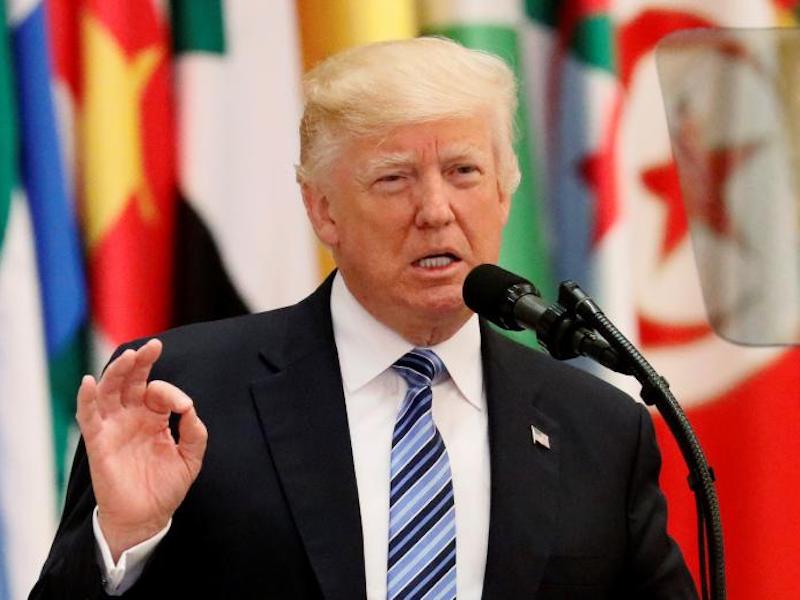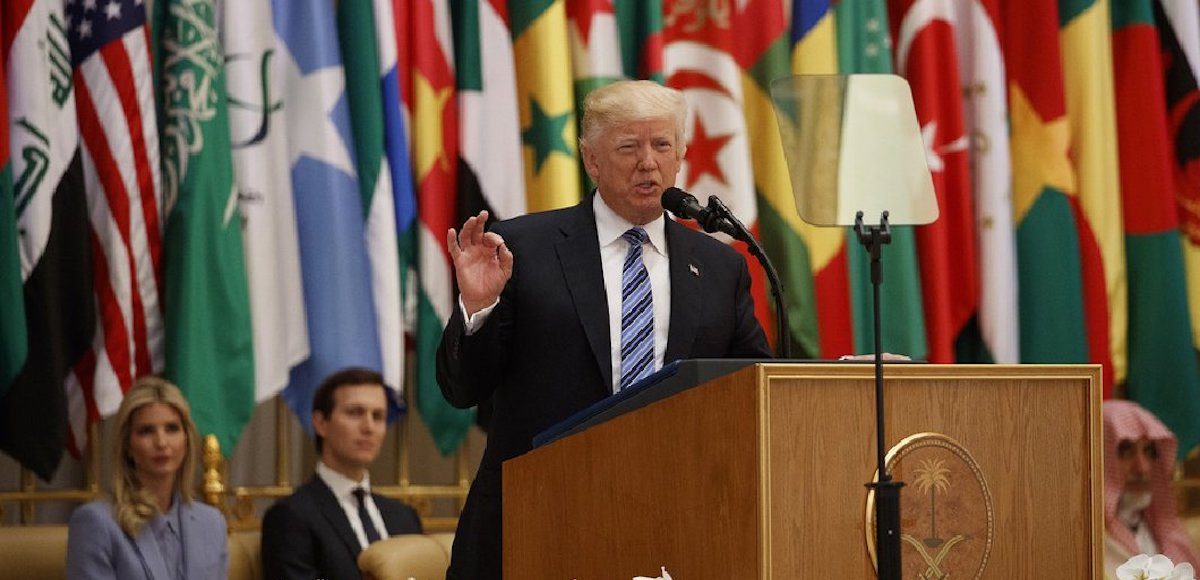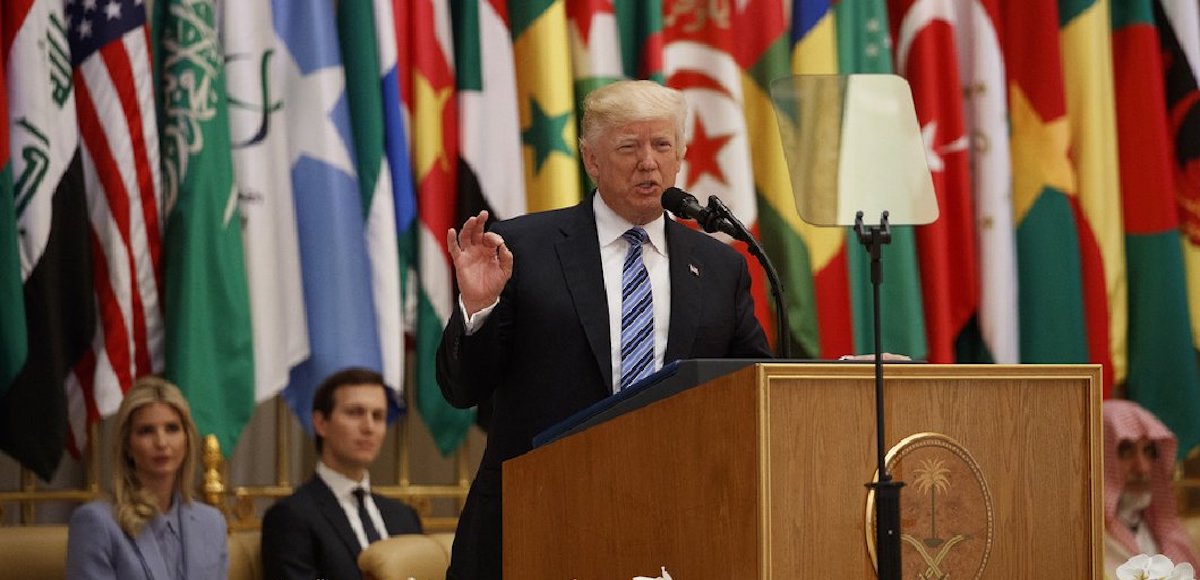[brid video=”141362″ player=”2077″ title=”President Donald Trump’s Speech at Arab Islamic American Summit”]
Watch President Donald Trump’s speech to leaders from more than 50 Muslim-majority nations at the Arab Islamic American Summit on May 21, 2017. Follow along with the full transcript of the President’s speech, which was delivered on the second day of his first foreign trip abroad, below. Alternatively, you can read the report on the speech from People’s Pundit Daily.
Thank you. I would like to thank King Salman for his extraordinary words, and the magnificent Kingdom of Saudi Arabia for hosting today’s summit. I am honored to be received by such gracious hosts
I have always heard about the splendor of your country and the kindness of your citizens, but words do not do justice to the grandeur of this remarkable place and the incredible hospitality you have shown us from the moment we arrived
You also hosted me in the treasured home of King Abdul Aziz, the founder of the kingdom who united your great people. Working alongside of another beloved leader, American President Franklin Roosevelt, King Abdul Aziz began the enduring partnership between our two countries. King Salman, your father would be very, very proud to see that you are continuing his legacy
And just as he opened the first chapter of our partnership, today we begin a new chapter that will bring lasting benefits to all of our citizens. Let me now also extend my deep and heartfelt gratitude to each and every one of the distinguished heads of state who made this journey here today. You greatly honor us with your presence and I send the warmest regards from my country to yours.
Thank you. I know that our time together will bring many blessings to both your people and to mine. I stand before you as a representative of the American people to deliver a message of friendship and hope and love. That is why I chose to make my first foreign visit a trip to the heart of the Muslim world, to the nation that serves as custodian of the two holiest sites in the Islamic faith.
In my inaugural address to the American people, I pledged to strengthen America’s oldest friendships and to build new partnerships in pursuit of peace. I also promised that America will not seek to impose our way of life on others, but to outstretch our hands in the spirit of cooperation and trust
Our vision is one of peace, security, and prosperity in this region and all throughout the world. Our goal is a coalition of nations who share the aim of stamping out extremism and providing our children a hopeful future that does honor to god
And so this historic and unprecedented gathering of leaders, unique in the history of nations, is a symbol to the world of our shared resolved (sic), and our military that will protect the safety of our people and enhance the security of (TECHNICAL DIFFICULTY) and made record investments in our military that will protect the safety of our people and enhance the security of our wonderful friends and allies, many of whom are here (TECHNICAL DIFFICULTY) — closer bonds of friendship, security, culture and commerce
For Americans, this is a very exciting time. A new spirit of optimism is sweeping our country. In just a few months, we have created almost a million new jobs, added over $3 trillion in new value, lifted the burdens on American industry, and made record investments in our military that will protect the safety of our people and enhance the security of our wonderful friends and allies, many of whom are here today
Now there is even more blessed news that I am pleased to share with you. My meetings with King Salman, the crown prince, and the deputy crown prince, have been filled with great warmth, good will, and tremendous cooperation. Yesterday, we signed historic agreements with the kingdom that will invest almost $400 billion in our two countries and create many hundreds of thousands of jobs in America and Saudi Arabia
This landmark agreement includes the announcement of a $110 billion Saudi-funded defense purchase. And we will be sure to help our Saudi friends to get a good deal from our great American defense companies, the greatest anywhere in the world. This agreement will help the Saudi military to take a far greater role in security and operations having to do with security
We’ve also started discussions with many of the countries present today on strengthening partnerships and forming new ones to advance security and stability across the Middle East and far beyond. Later today, we will make history again with the opening of the new global center for combating extremist ideology located right here in the central part of the Islamic world.
This ground-breaking new center represents a clear declaration that Muslim-majority countries must take the lead in combating radicalization, and I want to express our gratitude to King Salman for his strong demonstration and his absolutely incredible and powerful leadership. I have had the pleasure of welcoming several of the leaders present today to the White House, and I look forward to working with all of you
America is a sovereign nation and our first priority is always the safety and security of our citizens. We are not here to lecture. We are not here to tell other people how to live, what to do, who to be, or how to worship. Instead, we are here to offer partnership based on shared interests and values to pursue a better future (TECHNICAL DIFFICULTY)
Here at this summit, we will discuss (TECHNICAL DIFFICULTY). But above all, we must be united in pursuing the one goal that transcends every other consideration. That goal is to meet history’s great test, to conquer extremism and vanquish the forces terrorism brings with it every single time. Young Muslim boys and girls should be able to grow up free from fear, safe from violence, and innocent of hatred.
When young Muslim men and women should have the chance to build a new era of prosperity for themselves, it has to be done and we have to let them do it. With God’s help, this summit will mark the beginning of the end for those who practice terror and spread its vile creed. At the same time, we pray this special gathering may someday be remembered as the beginning of peace in the Middle East and maybe even all over the world
But this future can only be achieved through defeating terrorism and the ideology that drives it. Few nations have been spared the violent reach of terrorism. America has suffered repeated barbaric attacks from the atrocities of September 11 to the devastation of the Boston bombings to the horrible killings in San Bernardino and Orlando. The nations of Europe have also endured unspeakable horror. So too have the nations of Africa and South America. India, Russia, China, and Australia have all been victims
But in sheer numbers, the deadliest toll has been exacted on the innocent people of Arab, Muslim, and Middle Eastern nations. They have borne the brunt of the killings and the worst of destruction in this wave of fanatical violence. Some estimates hold that more than 95 percent of the victims of terrorism are themselves Muslim. We now face a humanitarian and security disaster in this region that is spreading across the planet
It is a tragedy of epic proportions. No description of the suffering and depravity can begin to capture its full measure. The (INAUDIBLE) of ISIS, if you look at what’s happening, al Qaeda, Hezbollah, Hamas, and so many others must be counted not only in the number of dead; it also must be counted in generations of vanished dreams
The Middle East is rich with natural beauty, vibrant cultures, and massive amounts of historic treasures. It should increasingly become one of the great global centers of commerce and opportunity. This region should not be a place from which refugees flee but to which newcomers flock. Saudi Arabia is home to the holiest sites in one of the world’s great faiths. Each year millions of Muslims come from around the world to Saudi Arabia to take part in the Hajj
In addition to ancient wonders, this country is also home to modern ones, including soaring achievements in architecture. Egypt was a thriving center of learning and achievement thousands of years before other parts of the world. The wonders of Giza (ph), Luxor, and Alexandria are proud monuments to that ancient heritage. All over the world people dream of walking through the ruins of Petra in Jordan
Iraq was the cradle of civilization and is a land of natural beauty.
And the United Arab Emirates has reached incredible heights with glass and steel, and turned earth and water into spectacular works of art. The entire region is at the center of the key shipping lanes of the Suez Canal, the Red Se, and the Straits (sic) of Hormuz. The potential of this region has never, ever been greater. Sixty-five percent of its population is under the age of 30. Like all young men and women, they seek great futures to build, great national projects to join, and a place for their families to call home
But this untapped potential, this tremendous cause of optimism, is held at bay by bloodshed and terror. There can be no coexistence with this violence. There can be no tolerating it, no accepting it, no excusing it, and no ignoring it. Every time a terrorist murders an innocent person and falsely invokes the name of God, it should be an insult to every person of faith
Terrorists do not worship God; they worship death. If we do not act against this organized terror, then we know what will happen and what will be the end result. Terrorism’s devastation of life will continue to spread, peaceful societies will become engulfed by violence, and the futures of many generations will be sadly squandered. If we do not stand in uniform condemnation of this killing, then not only will we be judged by our people, not only will we be judged by history, but we will be judged by God
This is not a battle between different faiths, different sects, or different civilizations. This is a battle between barbaric criminals who seek to obliterate human life and decent people, all in the name of religion. People that want to protect life and want to protect their religion. This is a battle between good and evil. When we see the scenes of destruction in the wake of terror, we see no signs that those murdered were Jewish or Christian, Shia or Sunni.
When we look upon the strains (sic) of innocent blood soaked into the ancient ground, we cannot see the faith or sect or tribe of the victims. We see only that they were children of God whose deaths are an insult to all that is holy. But we can only overcome this evil if the forces of good are united and strong, and if everyone in this room does their fair share and fulfills their part of the burden. Terrorism has spread all across the world, but the path to peace begins right here on this ancient soil in this sacred land.
America is prepared to stand with you in pursuit of shared interests and common security, but the nations of the Middle East cannot wait for American power to crush this enemy for them. The nations of the Middle East will have to decide what kind of future they want for themselves, for their country, and frankly for their families, for their children. It’s a choice between two futures, and it is a choice America cannot make for you. A better future is only possible if your nations drive out the terrorists and drive out the extremists
Drive them out. Drive them out of your places of worship. Drive them out of your communities. Drive them out of your holy land. And drive them out of this earth. For our part, America is committed to adjusting our strategies to meet evolving threats and new facts. We will discard those strategies that have not worked and will apply new approaches, informed by experience, talent, and judgment. We are adopting a principled realism rooted in common values, shared interests, and common sense.
Our friends will never question our support and our enemies will never doubt our determination. Our partnerships will advance security through stability, not through radical disruption. We will make decisions based on real world outcomes, not inflexible ideology. We will be guided by the lessons of experience, not the confines of rigid thinking. And wherever possible, we will seek gradual reforms, not sudden intervention. We must seek partners, not perfection. And to make allies of all who share our goals
Above all, America seeks peace, not war. Muslim nations must be willing to take on the burden if we are going to defeat terrorism and send its wicked ideology into oblivion. The first task in this joint effort is for your nations to deny all territory to the foot soldiers of evil. Every country in the region has an absolute duty to ensure that terrorists find no sanctuary on their soil. Many are already making significant contributions to regional security
Jordanian pilots are crucial partners against ISIS in Syria and Iraq. Saudi Arabia and a regional coalition have taken strong action against Houthi militants in Yemen. The Lebanese army is hunting ISIS operatives who try to infiltrate their territory. Emirati troops are supporting our Afghan partners and supporting them strongly. In Mosul, American troops are supporting Kurds, Sunnis and Shias fighting together for their homeland. Qatar, which hosts the U.S. Central Command, is a crucial strategic partner.
Our long- standing partnership with Kuwait and Bahrain continue to enhance security in the region. Our courageous Afghan soldiers are making tremendous sacrifices in the fight against the Taliban and others in the fight for their country. As we deny terrorist organizations control of territory and populations, we must also strip them of their access to funds. We must cut off the financial channels that let ISIS sell oil, let extremists pay their fighters, and help terrorists smuggle their reinforcements
I am proud to announce that the nations here today will be signing an agreement to prevent the financing of terrorism called the Terrorist Financing Targeting Center, co-chaired by the United States and Saudi Arabia, and joined by every member of the Gulf Cooperation Council. It is another historic step in a day that will be long remembered
I also applaud the Gulf Cooperation Council for blocking funders from using their countries as a financial base for terror and for designating Hezbollah as a terrorist organization, which they certainly are, last year. Saudi Arabia also joined us this week in placing sanctions on one of the most senior leaders of Hezbollah
Of course, there is still much work to be done. That means honestly confronting the crisis of Islamic extremism and the Islamists and Islamic terror of all kinds. We must stop what they’re doing to inspire, because they do nothing to inspire but kill. And we are having a very profound effect if you look at what’s happened recently. And it means standing together against the murder of innocent Muslims, the oppression of women, the persecution of Jews, and the slaughter of Christians
Religious leaders must make this absolutely clear — barbarism will deliver you no glory. Piety to evil will bring you no dignity. If you choose the path of terror, your life will be empty, your life will be brief, and your soul will be fully condemned. And political leaders must speak out to affirm the same idea. Heroes don’t kill innocents; they save them
Many nations here today have taken important steps to raise up that message
Saudi Arabia’s vision for 2030 is an important and encouraging statement of tolerance, respect, empowering women, and economic development
The United Arab Emirates has also engaged in the battle for the hearts and souls, and with the United States launched a center to counter the online spread of hate
Bahrain too is working to undermine recruitment and radicalism
I also applaud Jordan, Turkey and Lebanon for their role in hosting refugees
The surge of migrants and refugees living, and just living so poorly, that they’re forced to leave the Middle East depletes the human capital needed to build stable societies and economies. Instead of depriving this region of so much human potential, Middle Eastern countries can give young people hope for a brighter future in their home nations and regions. That means promoting the aspirations and dreams of all citizens who seek a better life, including women, children, and the followers of all faiths
Numerous Arab and Islamic scholars have eloquently argued that protecting equality strengthens Arab and Muslim communities. For many centuries, the Middle East has been home to Christians, Muslims, and Jews living side by side. We must practice tolerance and respect for each other once again, and make this region a place where every man and woman, no matter their faith or ethnicity, can enjoy a life of dignity and hope
In that spirit, after concluding my visit in a fabulous place that we’re at today, Riyadh, which I’ve gotten to know so well in so short a time, I will travel to Jerusalem and Bethlehem, and then to the Vatican, visiting many of the holiest places in the three Abrahamic faiths. If these three faiths can join together in cooperation, then peace in this world is possible, including peace between Israelis and Palestinians. I will be meeting with both Israeli prime minister Benjamin Netanyahu and Palestinian President Abbas
Starving terrorists of their territory, of their funding, and the false allure of the craven ideology will be the basis for easily defeating them. But no discussion of stamping out this threat would be complete without mentioning the government that gives terrorists all three — safe harbor, financial backing, and the social standing needed for recruitment. It is a regime that is responsible for so much instability in that region. I am speaking, of course, of Iran
From Lebanon to Iraq to Yemen, Iran funds arms and trains terrorists, militias, and other extremist groups that spread destruction and chaos across the region. For decades, Iran has fueled the fires of sectarian conflict and terror. It is a government that speaks openly of mass murder, vowing the destruction of Israel, death to America, and ruin for many leaders and nations in this very room
Among Iran’s most tragic and destabilizing interventions, you’ve seen it in Syria. Bolstered by Iran, Assad has committed unspeakable crimes, and the United States has taken firm action in response to the use of banned chemical weapons by the Assad regime, launching 59 missiles at the Syrian air base from where that murderous attack originated. Responsible nations must work together to end the humanitarian crisis in Syria, eradicate ISIS, and restore stability to the region and as quickly as possible
The Iranian regime’s longest suffering victims are its own people. Iran has a rich history and culture, but the people of Iran have endured hardship and despair under their leader’s reckless pursuit of conflict and terror. Until the Iranian regime is willing to be a partner for peace, all nations of conscience must work together to isolate it, deny it, funding for terrorism, cannot do it, and pray for the day when the Iranian people have the just and righteous government they so richly deserve
The decisions we make will affect countless lives. King Salman, I thank you for the creation of this great moment in history and for your massive investments in America and its industries and its jobs. I also thank you for investing in the future of this part of the world, the fertile region — and it is so fertile — has all of the ingredients for extraordinary success: A rich history and culture, a young and vibrant people, a thriving spirit of enterprise. You can only unlock this future if the citizens of the Middle East are freed from extremism, terror, and violence
We in this room are the leaders of our peoples. They look to us for answers and for action. And when we look back at their faces, behind every pair of eyes is a soul that yearns for justice and yearns for peace
Today, billions of faces are now looking at us, waiting for us to act on the great question of our time. Will we be indifferent in the presence of evil? Will we protect our citizens from its violent ideology? Will we let its venom spread through our societies? Will we let it destroy the most holy sites on earth? If we do not confront this deadly terror, we know what the future will bring — more suffering, more death, and more despair. But if we act, if we leave this magnificent room unified and determined to do what it takes to destroy the terror that threatens the world, then there is no limit to the great future our citizens will have
The birthplace of civilization is waiting to begin a new renaissance. Just imagine what tomorrow could bring, glorious wonders of science, art, medicine, and commerce to inspire mankind. Great cities built on the ruins of shattered towns. New jobs and industries that will lift up millions and millions of people. Parents who no longer worry for their children, their families, and who no longer mourn for their loved ones. And the faithful who finally worship without fear
These are the blessings of prosperity and peace. These are the desires that burn with a righteous flame in every single human heart. And these are the just demands of our beloved people. I ask you to join me, to join together, to work together, and to fight together, because united we will not fail. We cannot fail. Nobody, absolutely nobody, can beat us
Thank you. God bless you, God bless your countries, and God bless the United States of America. Thank you very much. Thank you.
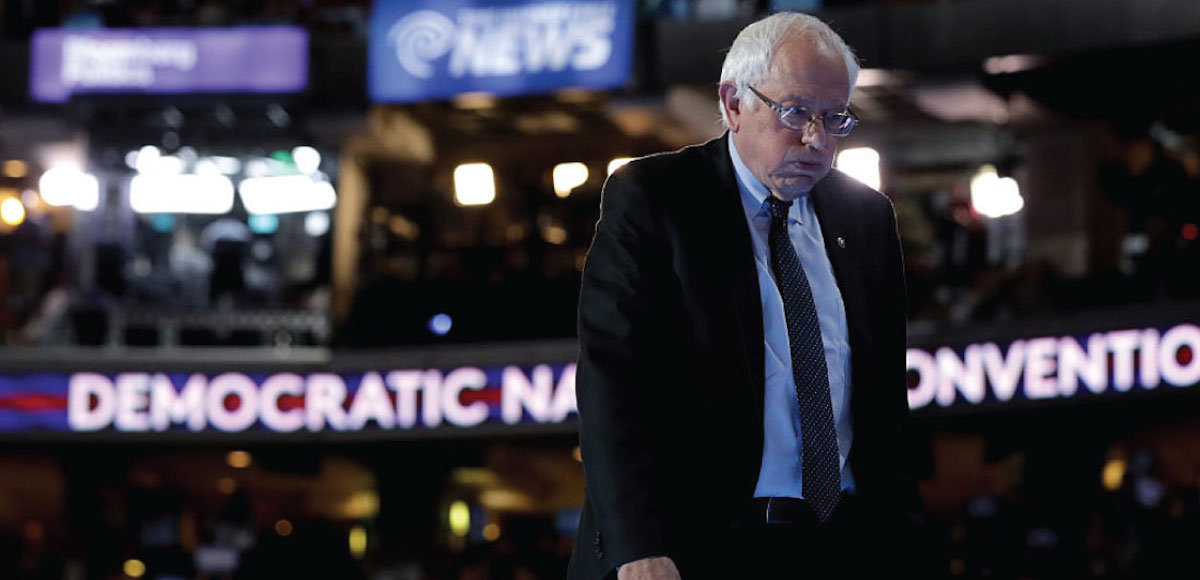
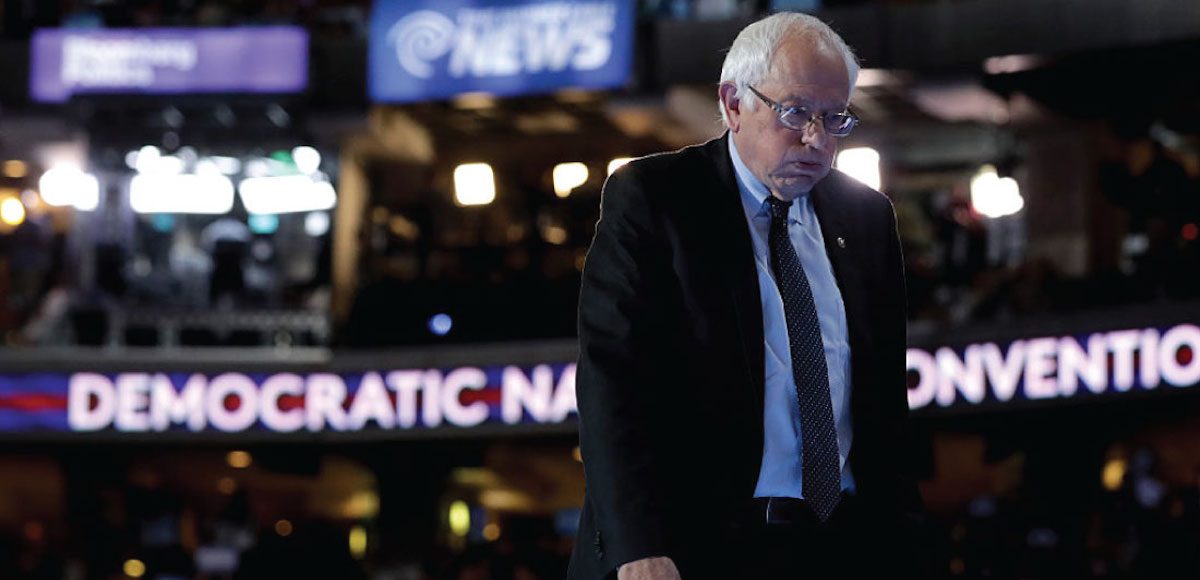
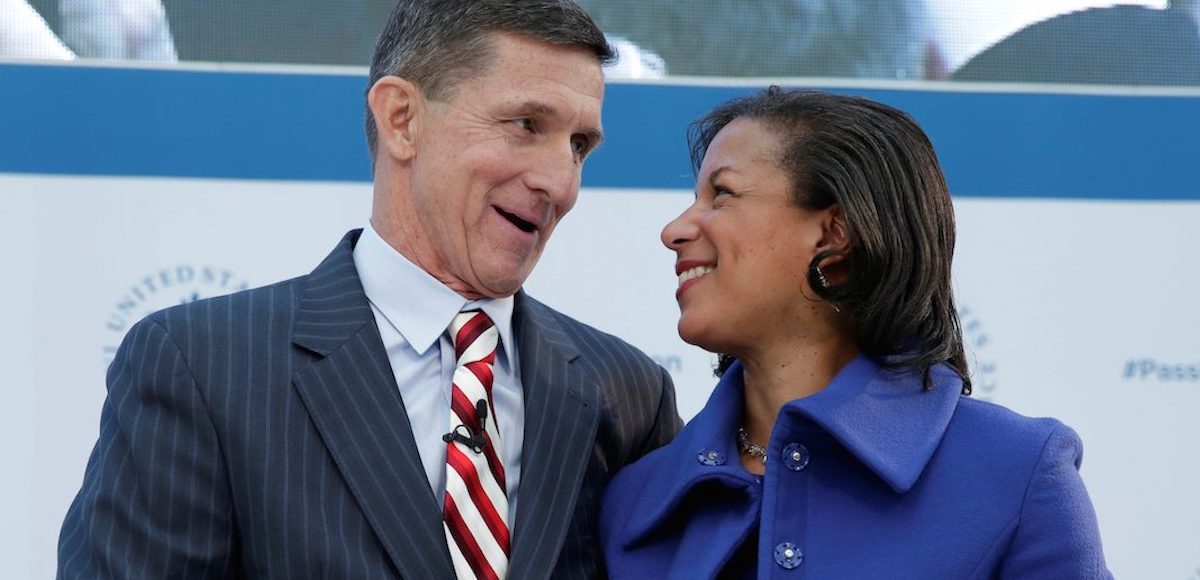
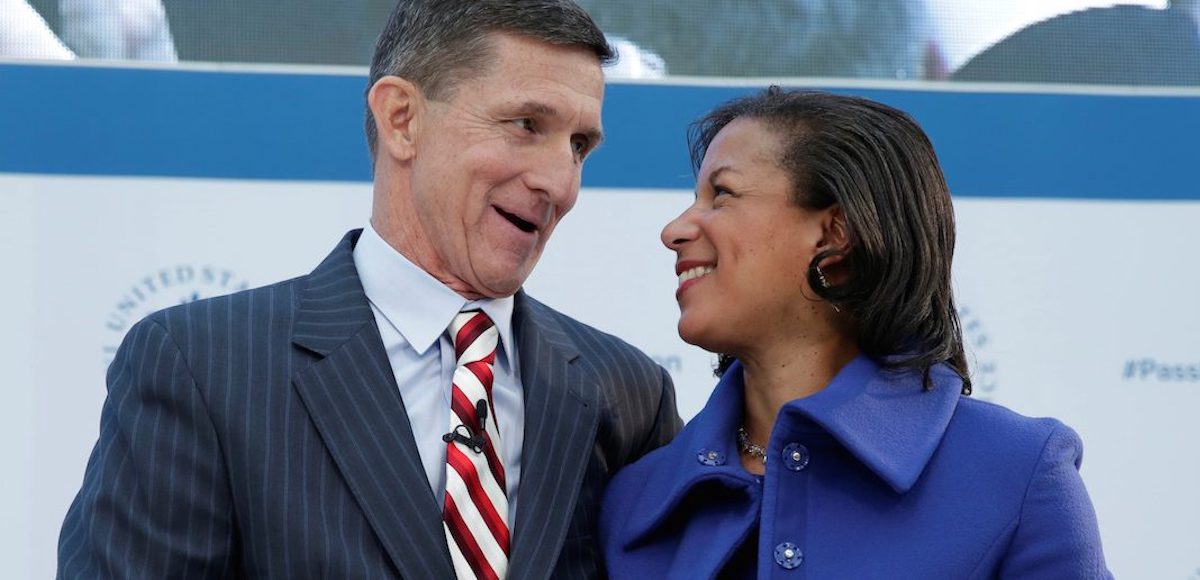
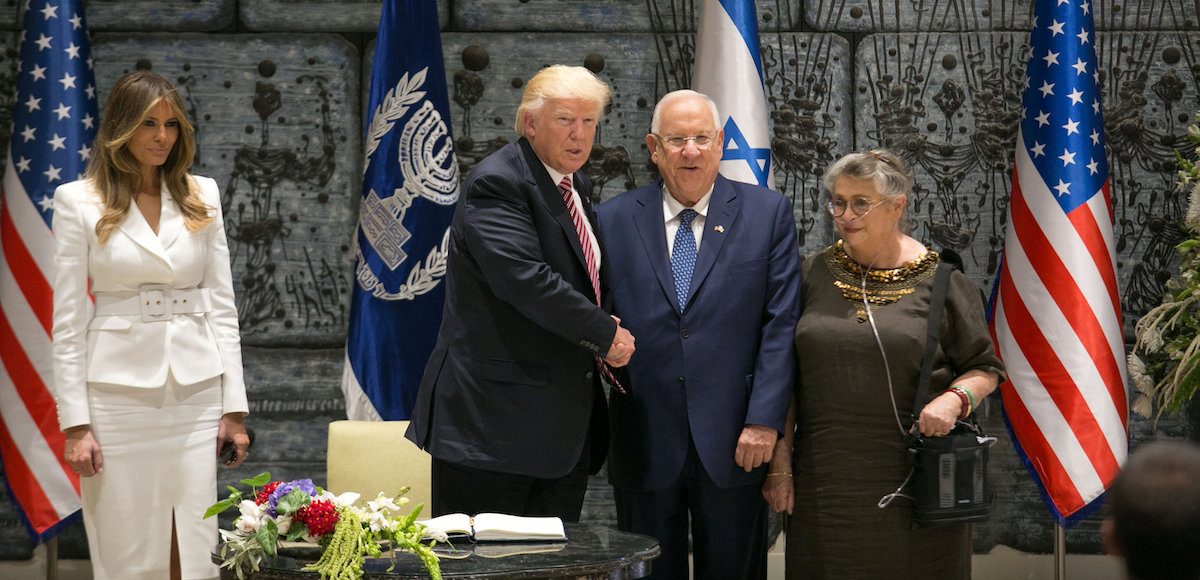
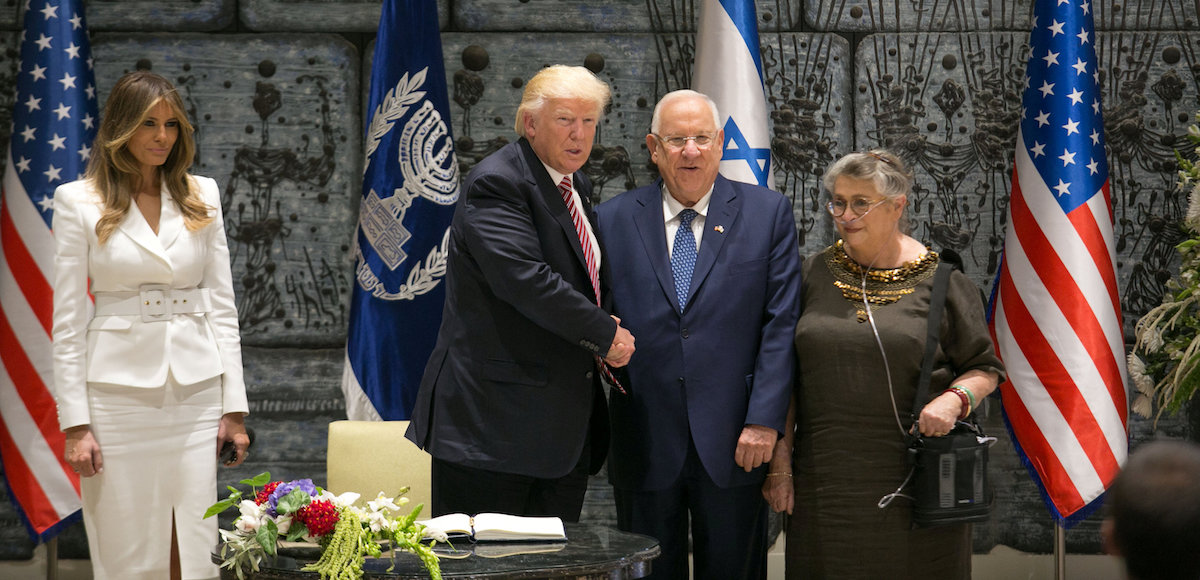
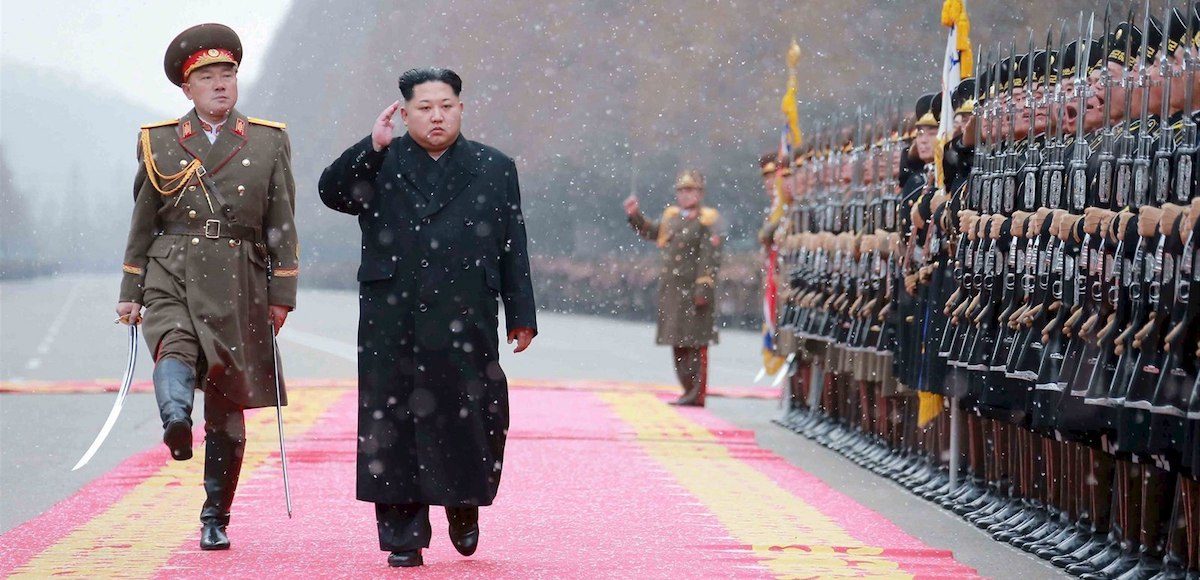
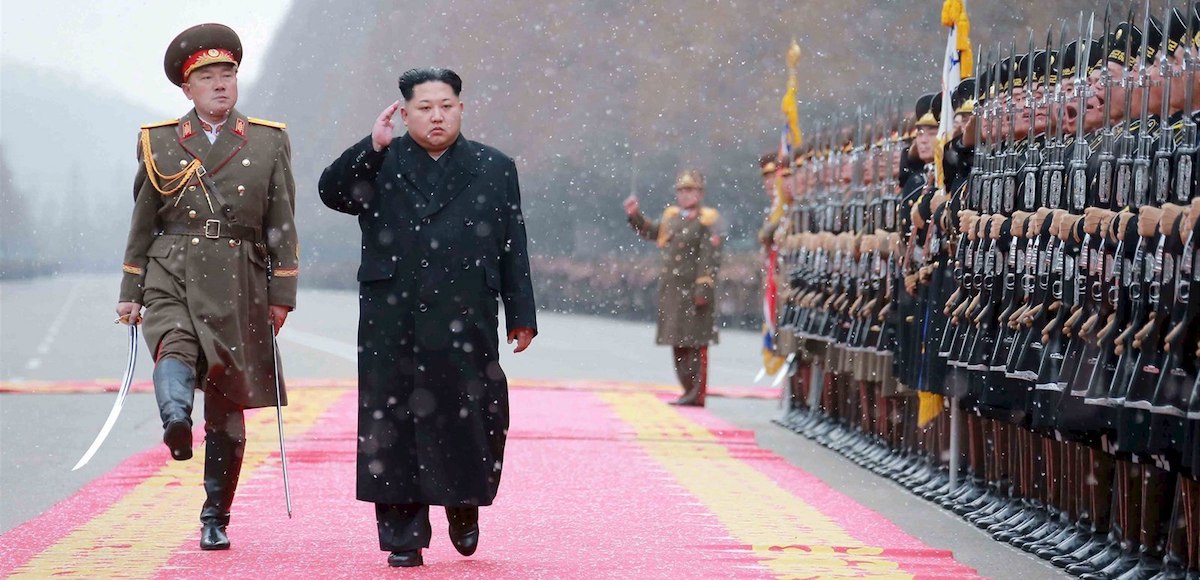
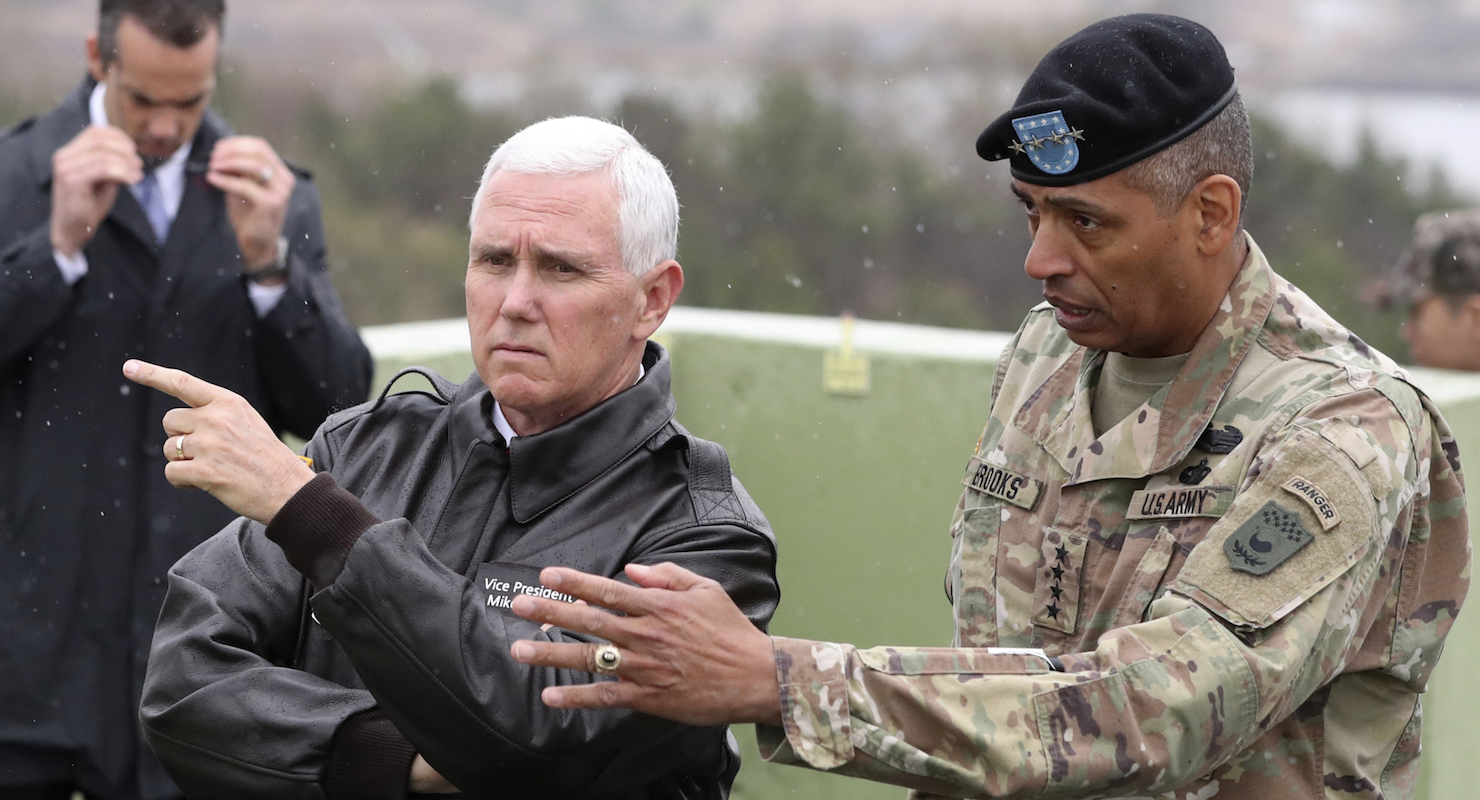
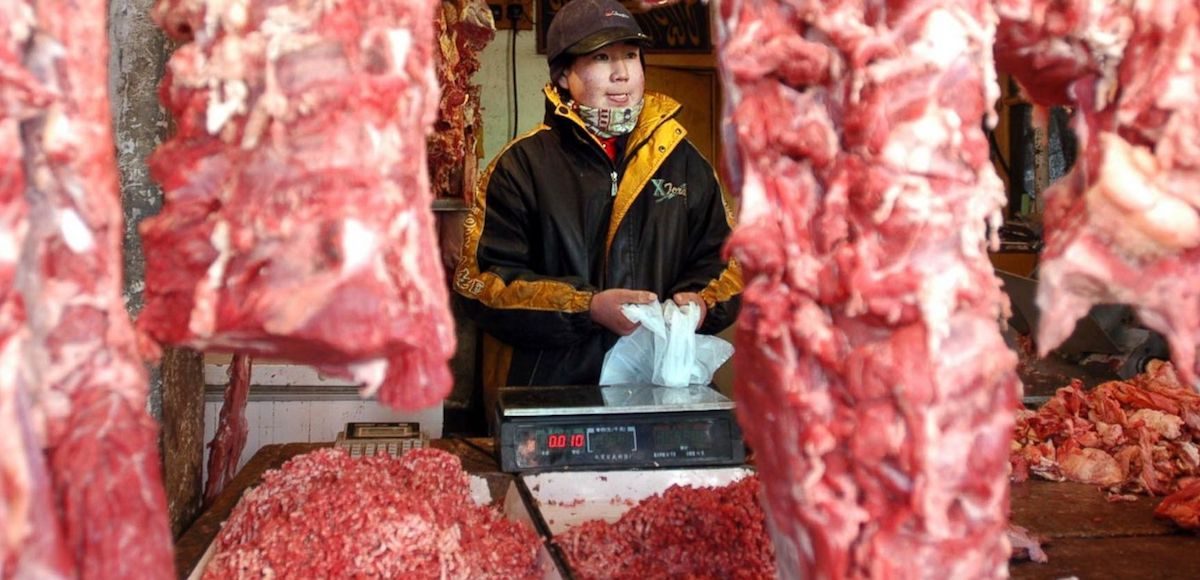
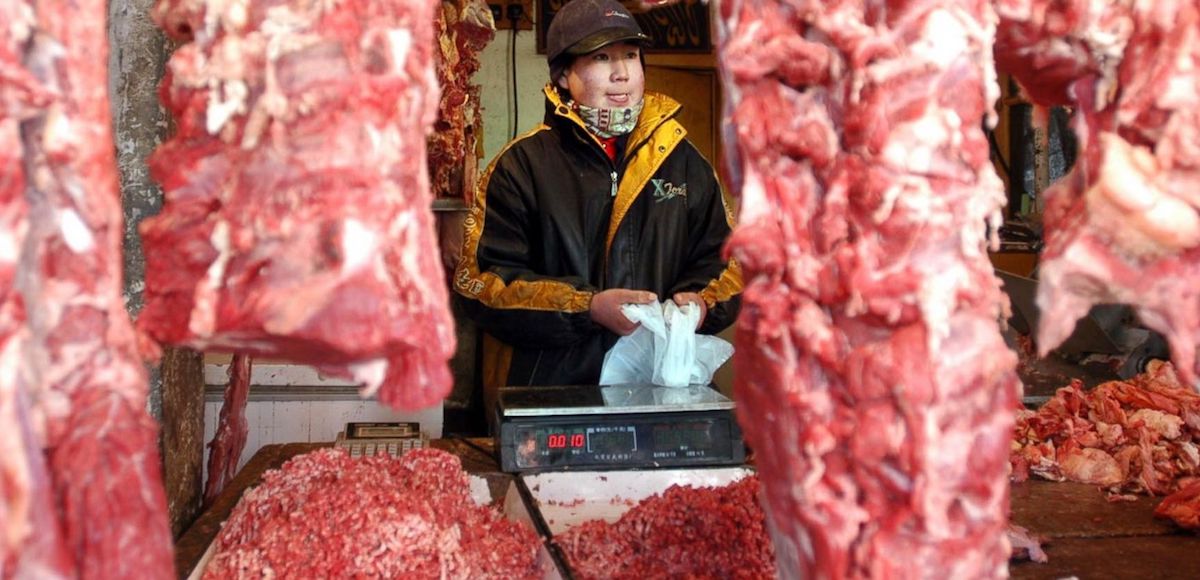
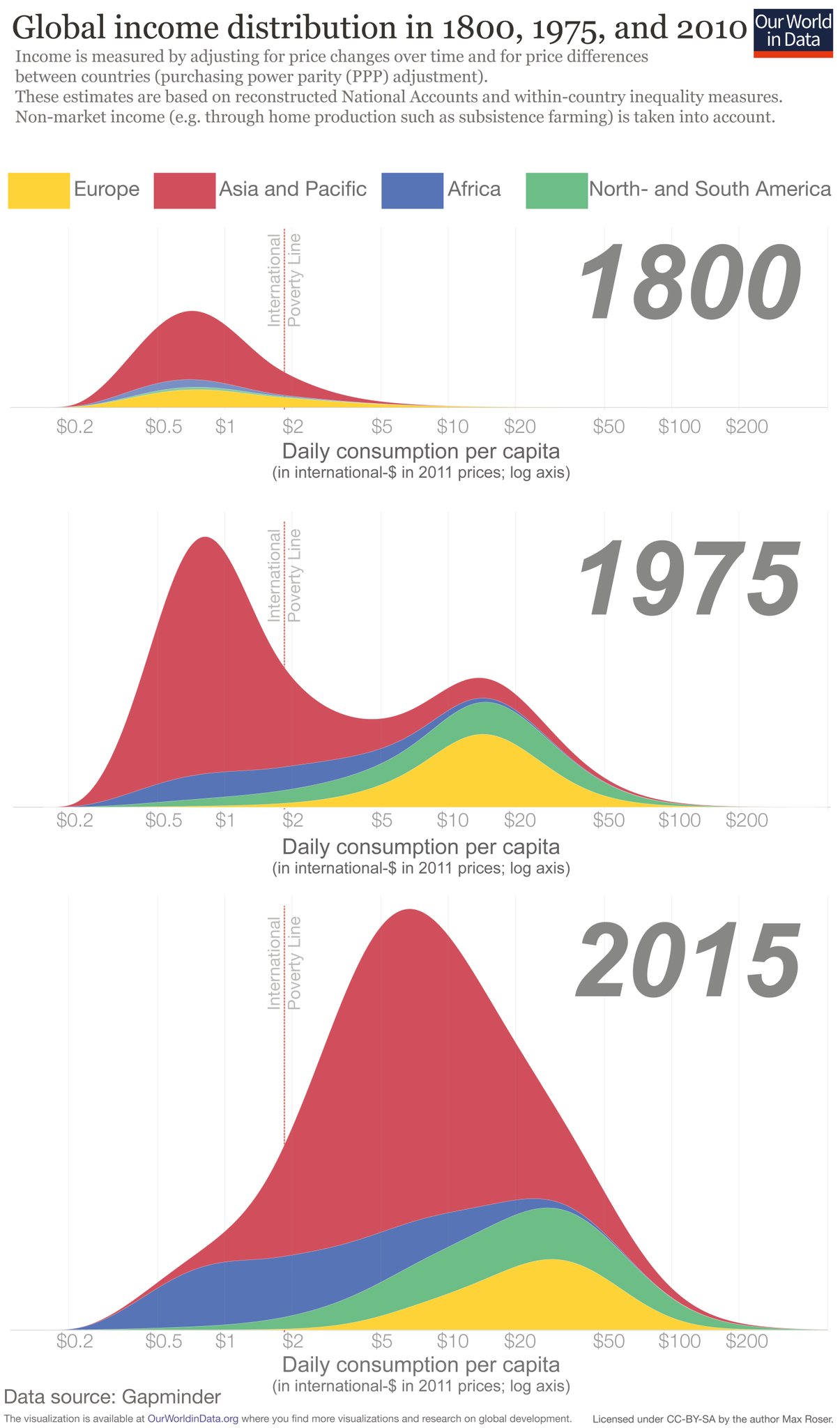

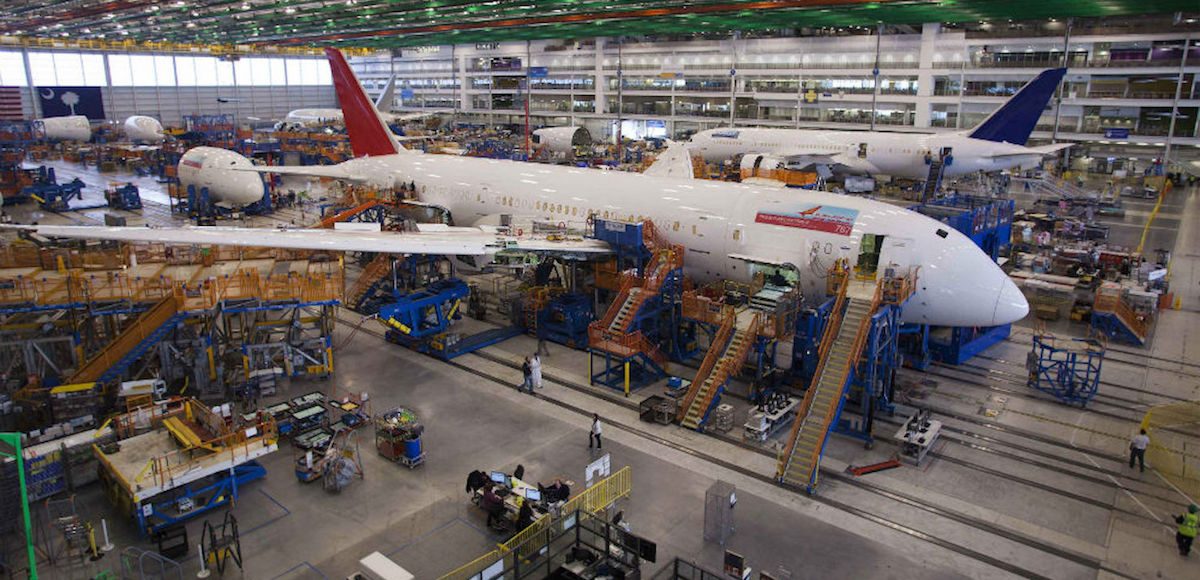
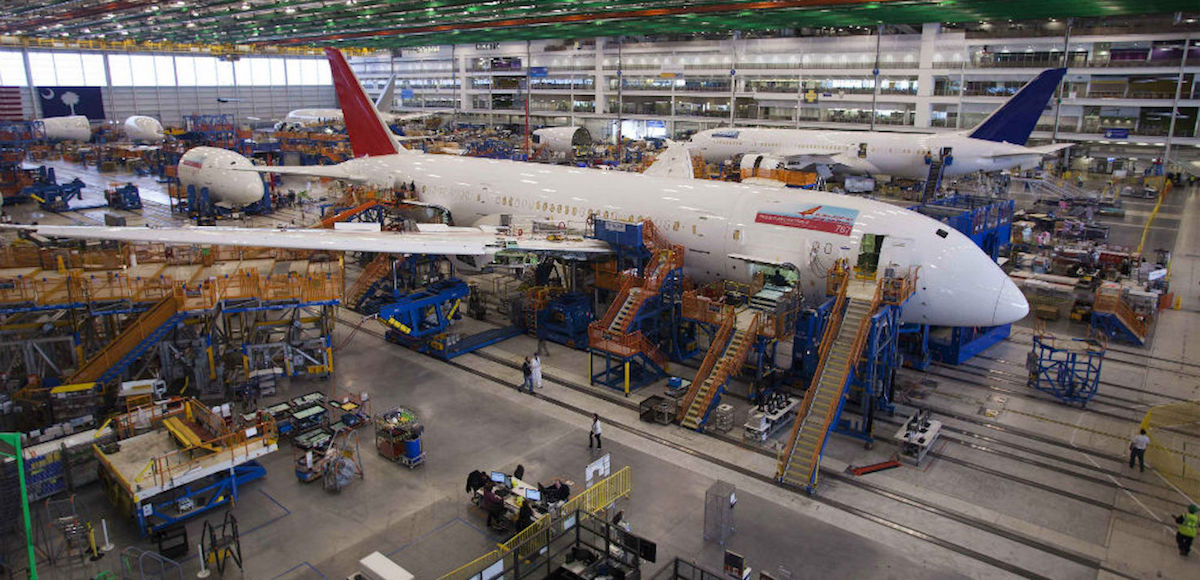
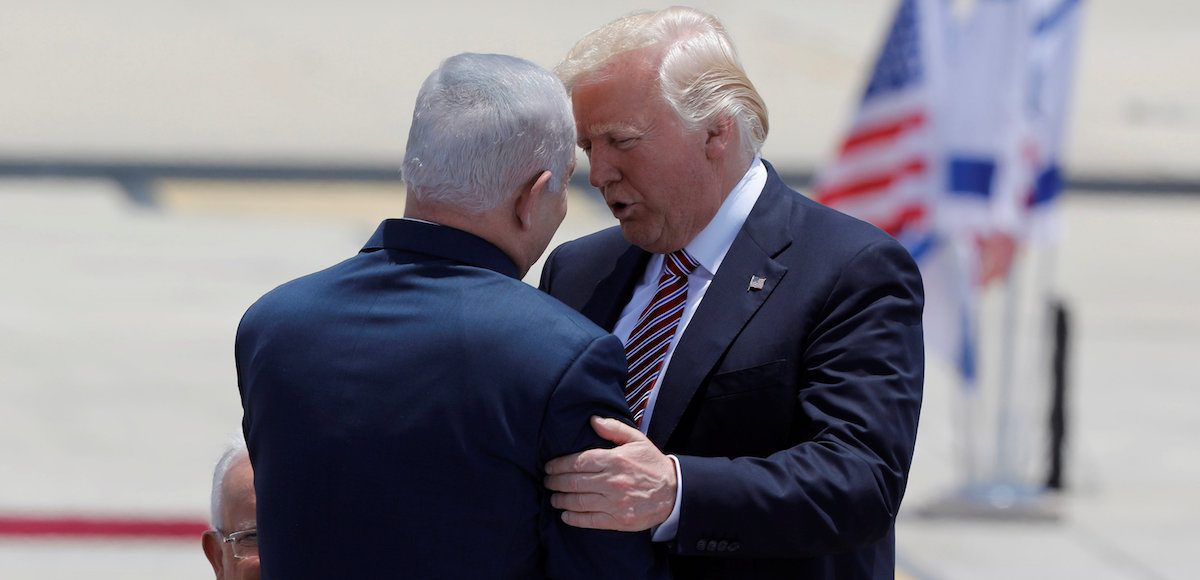
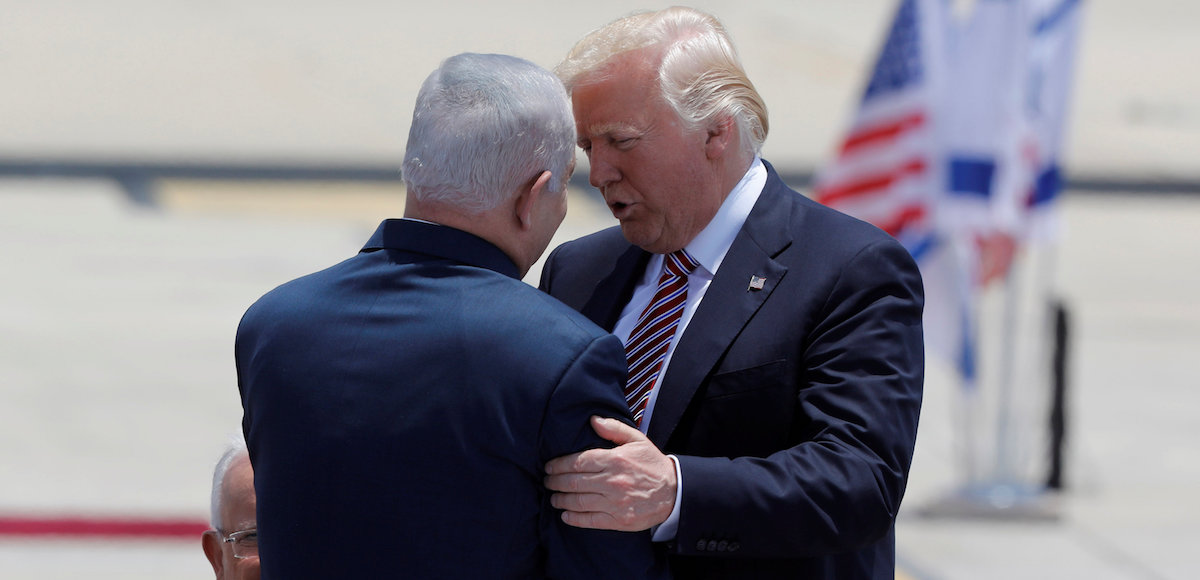

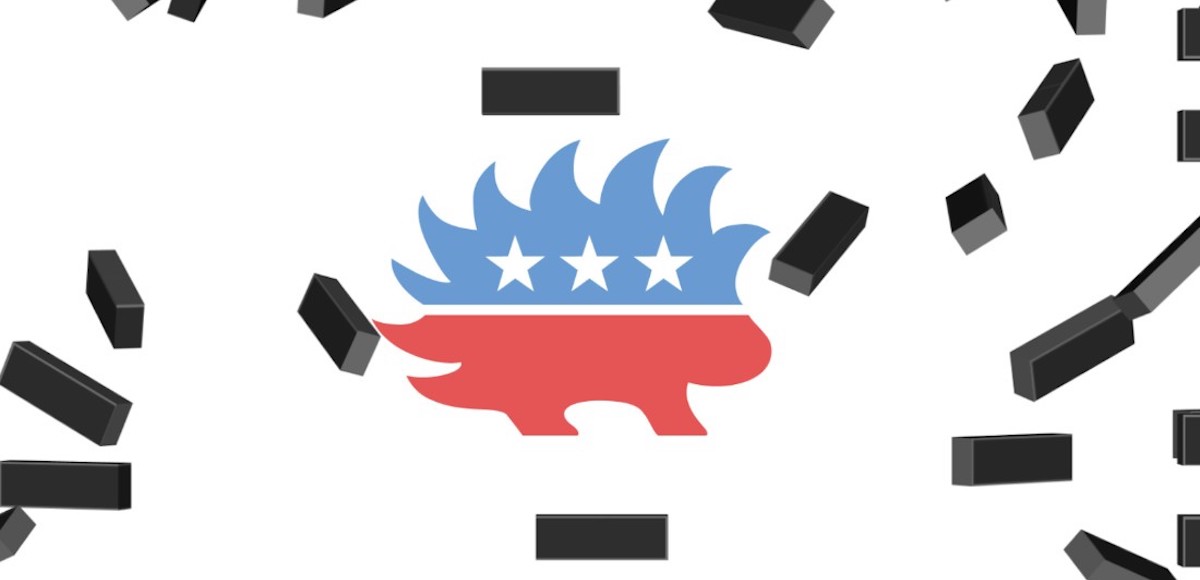 I’ve shared a number of online tests that allow users to see where they fit on the political spectrum.
I’ve shared a number of online tests that allow users to see where they fit on the political spectrum.


